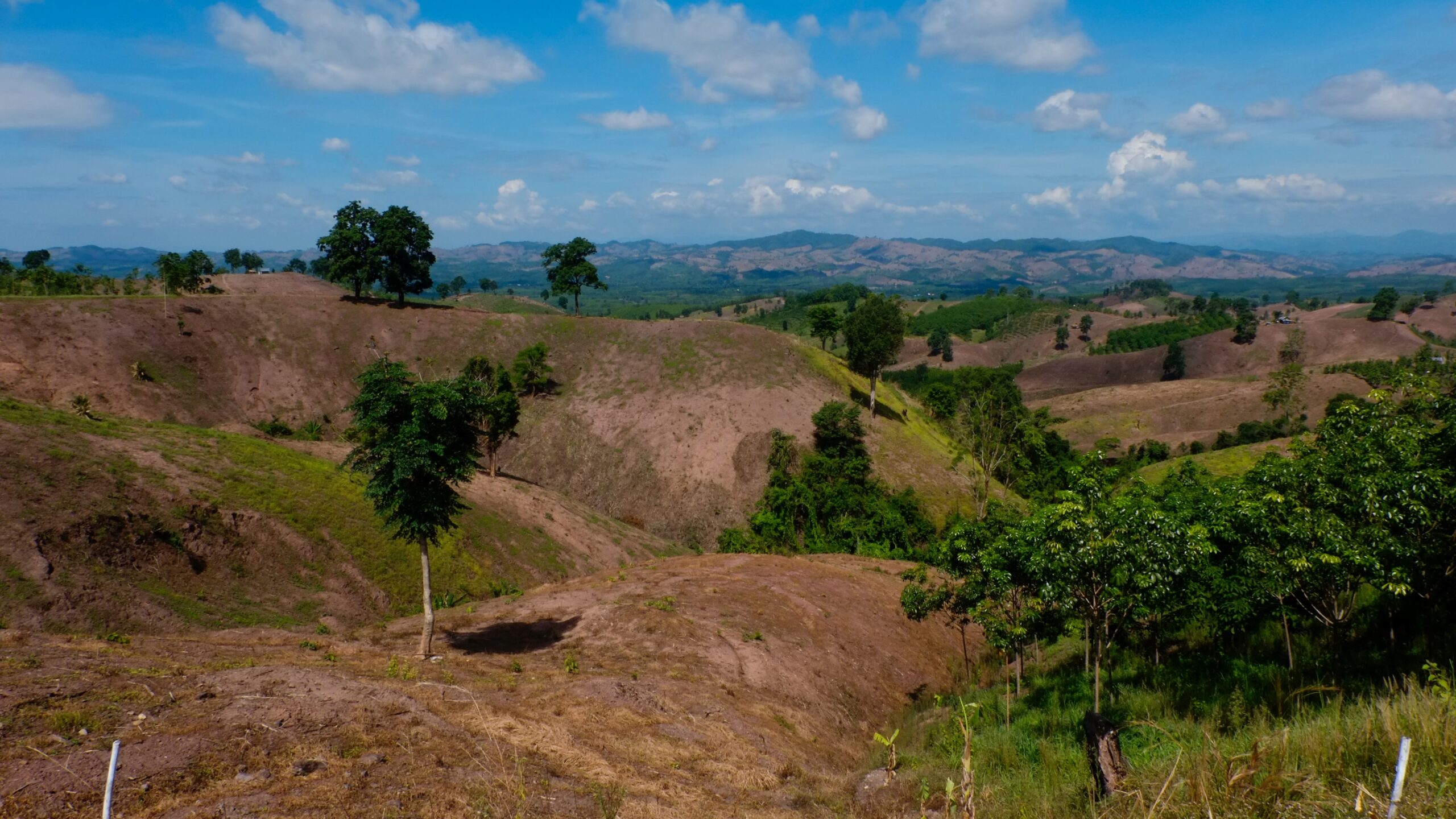Central banks and financial institutions are urged to act against climate change and biodiversity loss

Climate change and biodiversity loss are two of the most complex challenges of our time. In the last few years, a growing body of experts suggests that focusing on carbon emissions is not enough. Rather we should promote integrated approaches able to address the different aspects of these crises. In this regard, a nature positive approach seeks to identify multiple pressures on Earth systems – such as climate change, pollution, and resource exploitation – developing holistic approaches to reduce and mitigate impacts. For this reason, today the WWF has launched a new Call to Action addressed to banks and financial institutions with the objective to promote the transition to a nature positive economy.
What are the reasons behind the Call to Action?
Humans have always relied on nature and the services it provides for their development and prosperity. According to a recent report by the World Economic Forum, in collaboration with PwC- UK, more than half of the global Gross Domestic Product (GDP) is moderately to highly dependent on nature and therefore is exposed to serious financial risks from environmental degradation. In particular, industries directly dependent on nature – such as agriculture or fishing – generate 15% of the global GDP, while moderately dependent industries generate about 37%. Today, many experts agree that environmental degradation will cause increasing financial losses and economic instability. At the same time, however, every year $700 to $800 billion are used to finance environmentally unsustainable practices, such as overuse of pesticides and soil deterioration monocropping.
What is the role of banks and financial institutions?
Central banks and financial institutions can be key allies in the fight against climate change and biodiversity loss. These two crises are indeed inherently linked to the investments, subsidies, and lendings of central banks and financial supervisors. As these institutions exist to provide financial and price stability, pre-emptive action to mitigate the risks related to environmental degradation is not only needed in terms of economic and financial development, but is also well within their mandate. In the last few years, some positive steps have been made as more and more banks have published climate related financial disclosures. While this was a crucial first step, it is not sufficient to achieve meaningful impact.

What is the Call to Action about?
The new Call to Action launched by the WWF addresses central banks and financial supervisors around the world to act as precautionary agents and use every available avenue to tackle climate change and biodiversity loss. In particular, the call encourages central banks and financial institutions to:
- adopt nature positive by 2030, and a target of 1.5ºC warming by 2050 as key anchors for their mandates.
- extend central bank and financial regulation time horizons to 10-30 years.
- require all regulated financial institutions to publish credible transition plans for biodiversity and climate change.
The aim of this Call to Action is to ensure transition to a net zero and nature positive economy. Etifor is among the more than 70 organisations supporting the call; we recognise that central banks and financial institutions need to take responsibility for their impacts. In this sense, to join the fight against climate change and biodiversity loss, financing and lending to environmentally degrading activities must be brought to a halt.

